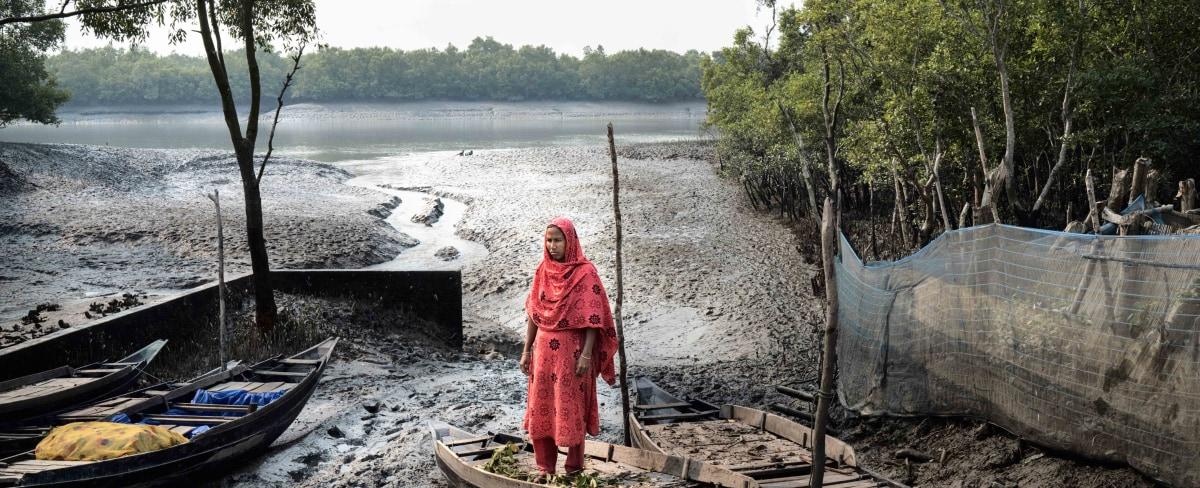In coastal Bangladesh, climate change devastates women’s reproductive health

Coastal Bangladesh has been grappling with the devastating effects of climate change, and its impact on women’s reproductive health is unparalleled. This caught my attention, prompting me to delve deeper into the issue. The article highlights the emotional and physical trauma women in coastal Bangladesh are facing due to rising sea levels and the subsequent shrinkage of agricultural lands, leading to malnutrition and anemia.
Women are being forced to marry early, often before the age of 18, as families are unable to support them. This results in an increase in teenage pregnancies and overall reproductive health issues. The lack of access to healthcare and family planning services, due to distance and financial barriers, exacerbates the situation. Women are often forced to seek services from untrained practitioners leading to inadequate treatment and unsafe practices.
Furthermore, women have less control over their lives and their bodies as their husbands and families make all the decisions for them. This perpetuates gender inequality and makes it difficult for women to break out of the cycle of poverty. Climate change-induced migration further complicates matters and can expose women to trafficking, exploitation, and violence.
This issue is not one that can be solved overnight. But in the short term, providing access to quality healthcare, education, and family planning services can make a significant difference. It is imperative to empower women, educate them about their rights, and ensure that they have a say in decisions that affect their lives. It is essential to address the root cause of the problem, which is climate change. This article is a reminder that climate change is not just affecting the environment; it is also perpetuating gender inequality and negatively impacting women’s reproductive health.
Quick Links

